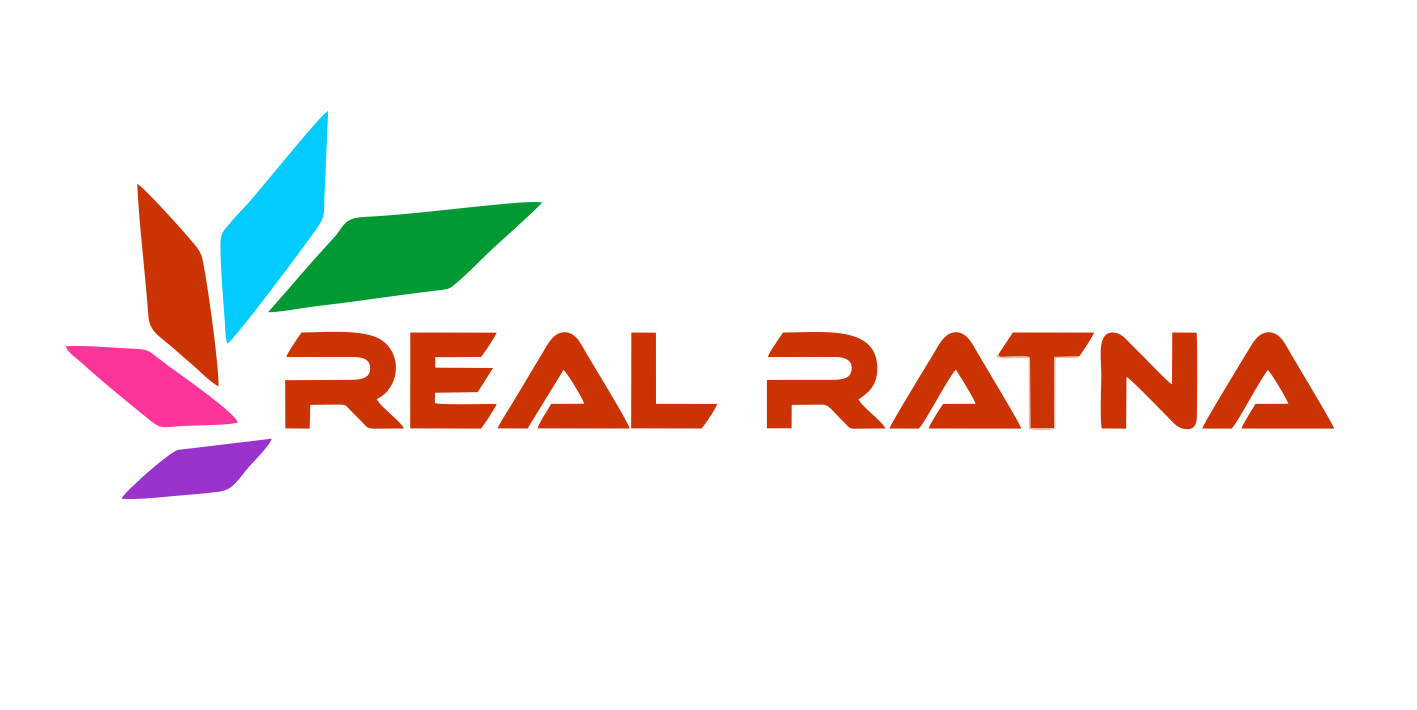Types of Broker Agreements
As the world of trading and investments becomes more complex, a wide variety of broker agreements has emerged. These agreements are contracts that outline the relationship between the investor and the broker. Before making any investment, it is essential to understand the different types of broker agreements available. Here are some of the most common types of broker agreements:
1. Full-Service Brokerage Agreement: This is a comprehensive agreement wherein the broker manages the investor`s portfolio. The broker provides investment advice, research, and other services. The investor pays a commission for the services rendered.
2. Discount Brokerage Agreement: This agreement is similar to a full-service brokerage agreement, but the broker does not provide investment advice or portfolio management services. The investor will use these services themselves using online platforms and pay a lower commission fee.
3. Introducing Broker Agreement: This type of agreement is between the investor, the introducing broker, and the executing broker. The introducing broker acts as a middleman between the investor and the executing broker, who will carry out the trades. The introducing broker receives a commission from the executing broker for introducing the investor.
4. Clearing Broker Agreement: This agreement is between a broker-dealer and a clearing firm where the broker-dealer will execute the trade, but the clearing firm will settle the trade and performs other administrative activities.
5. Prime Brokerage Agreement: This agreement is typically between a hedge fund firm and a broker. The hedge fund company will provide the broker with significant assets to manage, and the broker will provide the necessary trading and administrative services. The hedge fund firm typically pays a fee for prime brokerage services, and these are more complex agreements.
6. Futures Commission Merchant Agreement (FCM): This is an agreement between a futures commission merchant and a client wherein the FCM executes and clears futures trades. The FCM is regulated by the Commodity Futures Trading Commission (CFTC).
7. Options Account Agreement: This agreement is between the investor and the broker and outlines the terms for trading in options. The agreement will specify the level of options trading authorization granted to the investor and the risks and opportunities.
In conclusion, it is vital to understand the different types of broker agreements available before making any investment. Each type of agreement comes with its unique features and benefits, and investors must choose the one that aligns with their investment objectives and risk appetite. Seek professional advice when necessary to ensure you make an informed decision.
